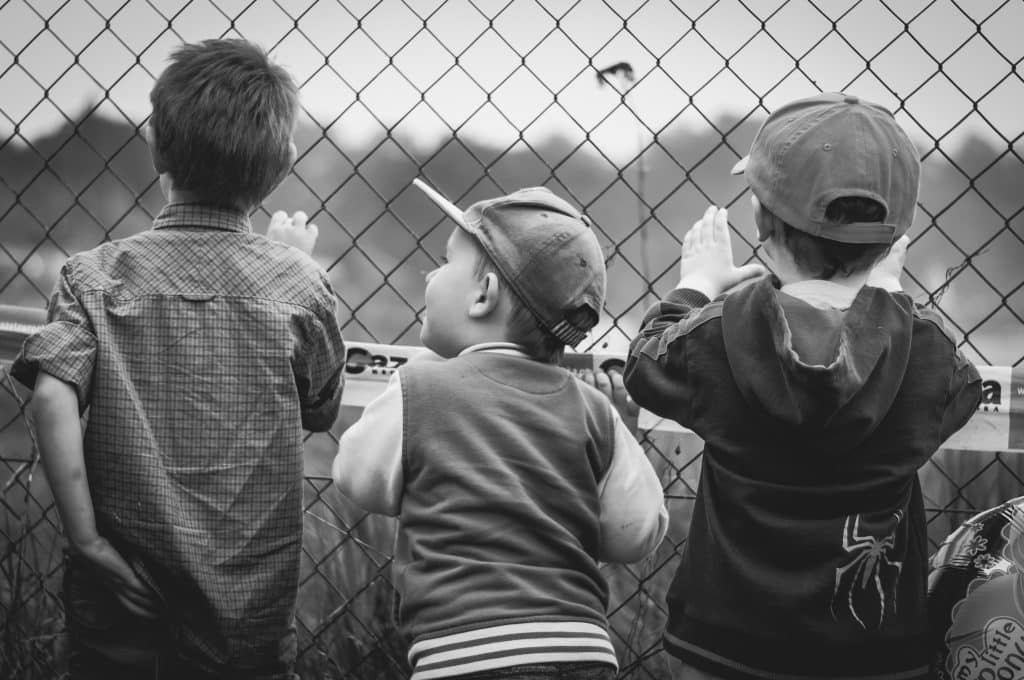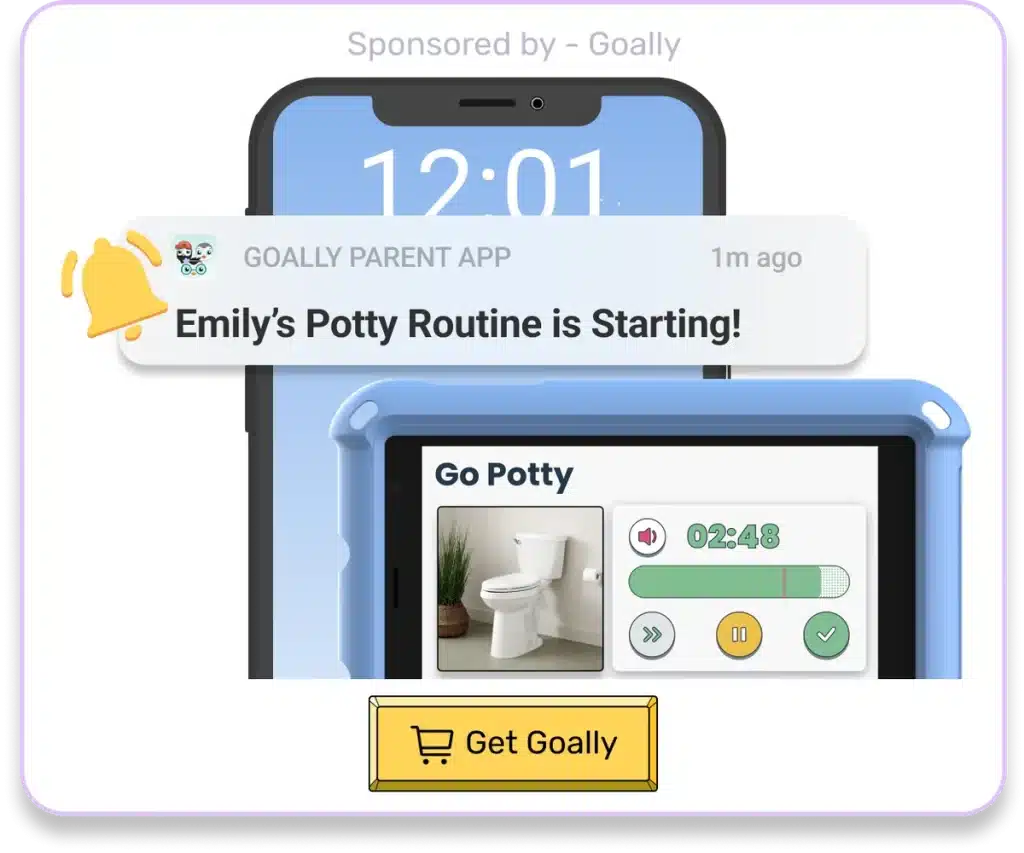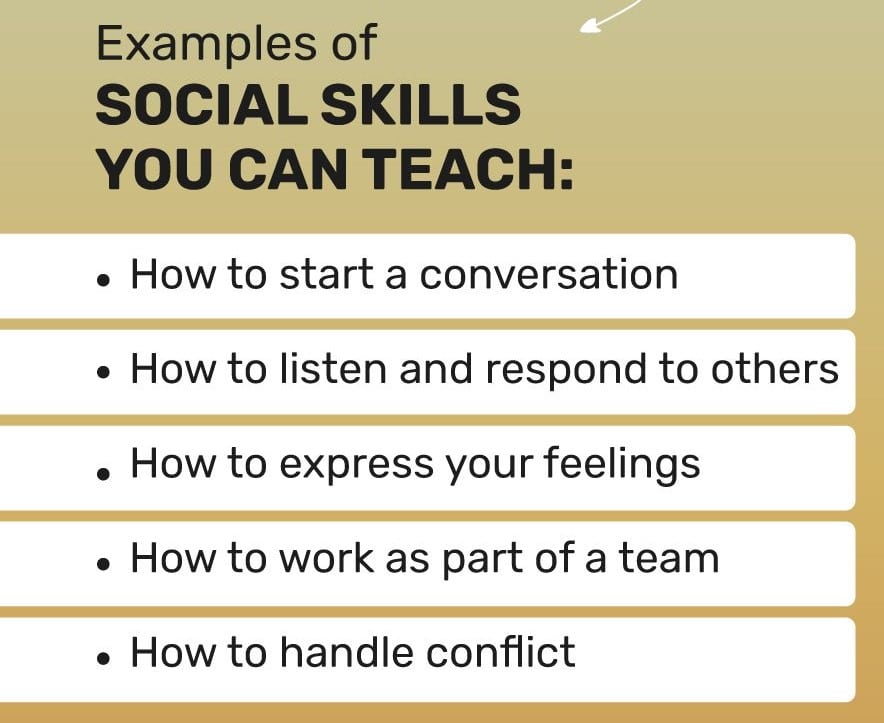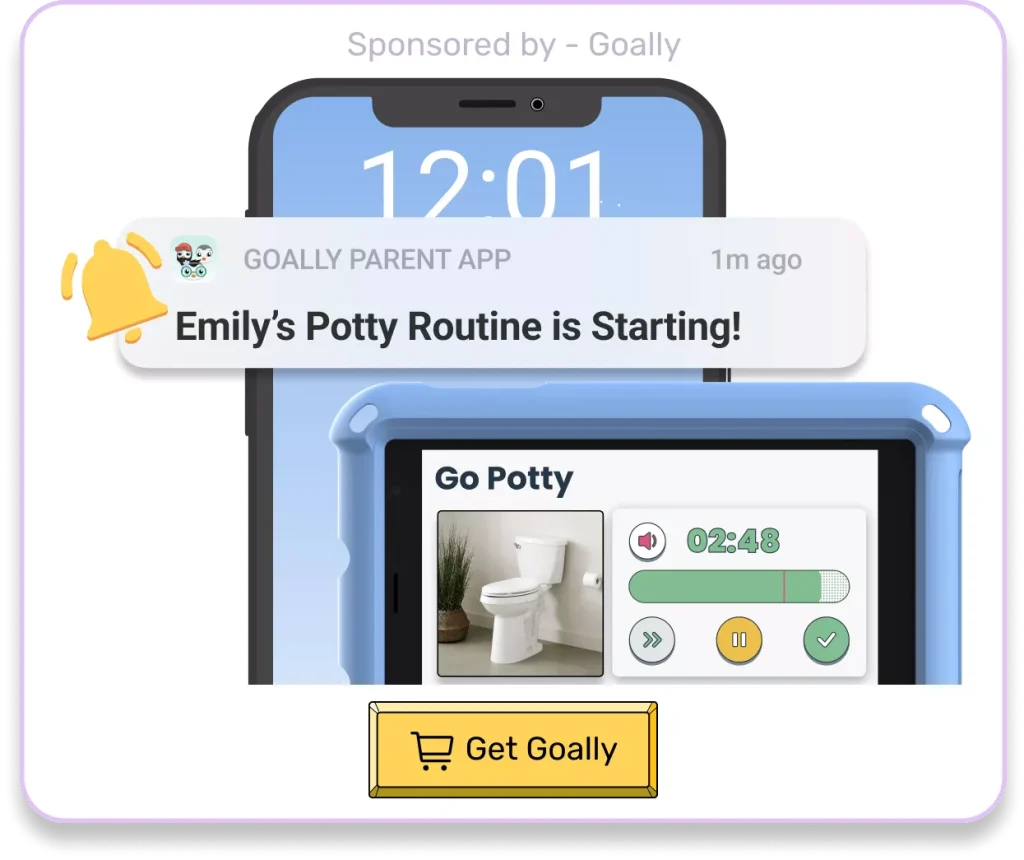Learning to help kids make friends can be difficult, and if your child has autism, it can be even more challenging. An important part of making friends comes from having age-appropriate social skills, which many kids who have autism struggle with. Imagine trying to make friends when you have trouble reading social cues, like body language, facial expressions and tones of voice. That’s part of the reason approximately 52 percent of kids with autism don’t have many friends at school. But kids who have autism, just like all kids, benefit from having friends in their peer groups. My name is Will Ford and I’ll be giving you 5 tips on how to make friends when you have autism.
Table of Contents
1. Help Your Child Understand What a Friend Is
Talking to your child about friendship might seem like a no-brainer, but it’s actually really important. In order to be a good friend, your child needs to understand what a friend is in the first place! It’s best to keep things simple when you’re explaining it to them. For example, you could ask questions like, “Do you like it when people say mean things to you?” or “Do you like it when people say nice things to you?” It can be tough for young kids to wrap their heads around abstract concepts, especially if they have autism. So, it’s a good idea to be as literal as possible. You could use clear, plain language like, “Friends are people who are nice to you and say things that make you feel better when you’re having a bad day
Goally | Visual Scheduler for Autism
Does your child struggle with getting ready in the morning independently? Goally’s routine app on the best tablet for kids breaks down large tasks into small, achievable steps for autistic kids. Create custom routines with your own videos & pictures for every step.
2. Use Visual Models Like Social Stories
I might have mentioned this before, but it’s worth repeating that visual cues are really helpful for them to learn. When they can see or read what they’re supposed to do, it makes things so much easier. One great way to use visuals is through stories. By using pictures and words to guide them through specific situations, children can learn and understand how to approach different scenarios. Another helpful tip is to write out a script or draw out the flow of a conversation. This can be especially useful in teaching them how to talk to a friend.
Read More: Ideas for Autism Language Development

3. Surround Your Child With Kids Who Share Their Interests
Common interests are important factors in developing and maintaining friendships. It’s hard to be friends with someone you have nothing in common with. If your child loves art, enroll her in an art class. If your child loves science, find a young scientists group. Make sure these groups have similar-aged peers so she is surrounded by age-appropriate behavior.
4. Focus on Long-Term Success
Developing new skills takes time. Nothing happens overnight. Social skills continue to develop as your child gets older. Making friends looks very different for a 4 year old than it does for a 14 year old. Keep practicing this skill with your child to help her continue to develop age-appropriate social skills.
5. Practice, Practice, Practice

Read More: High Functioning Autism Friends
Children with autism need a little more time and repetition to learn a new skill like how to make friends. Practicing with your child can help her feel more comfortable with the process and problem-solve any “bumps” before she encounters them in real time. Practice different aspects of making a friend, like asking questions, answering questions, sharing toys or suggesting an activity. Have your child practice with siblings, neighbors or cousins. Select people who are going to be patient and know your child well—you want your child to feel safe while practicing.
Goally | Routines that Actually Work
Goally’s skill building tablet for kids has routines that break down large tasks into small, achievable steps. It helps kids complete their tasks independently!

Create custom routines with your own videos & pictures for every step. The steps come in small, bite-sized pieces to help your child learn the little fundamentals (like putting the toothpaste on their toothbrush!) to achieve bigger goals. And that’s just the beginning. See it in action:
Helping children with autism make friends may present unique challenges, but it’s a crucial part of their social development. By helping them understand the concept of friendship, using visual models like social stories, fostering connections with kids who share their interests, focusing on long-term success, and practicing social skills, we can support them on their journey towards meaningful relationships. Remember, patience and consistency are key, and progress takes time. By providing guidance and creating safe practice environments, we can empower our children with autism to navigate the intricacies of friendship and experience the joys of genuine connections with their peers.
FAQs About How To Help a Child With Autism Make Friends
How can I teach my child with autism social skills? One way to teach social skills is through role-playing scenarios and practicing conversation skills. You can also use visual aids like social stories to help your child understand social situations. What are some common social challenges for children with autism? Children with autism may have difficulty with initiating and maintaining conversations, understanding social cues and body language, and making and keeping friends. How can I help my child with autism make friends? Encourage your child to join clubs or activities that align with their interests, practice social skills with them, and teach them to recognize and respond appropriately to social cues. Are there any therapies or interventions that can help my child with autism make friends? Social skills training, occupational therapy, and applied behavior analysis (ABA) are all interventions that may be helpful in teaching social skills and improving social interactions for children with autism. How can I support my child with autism in social situations? You can support your child by being patient, understanding, and providing positive reinforcement for their efforts. You can also help them prepare for social situations in advance and provide them with a social script or visual aids if needed.
This post was originally published on 06/24/2021. It was updated on 09/23/2023.

Goally
We help parents teach their kids life skills, like doing bedtime and morning independently. Backed by science, we incorporate evidence-based practices and expert-informed designs in all of our apps and content.







